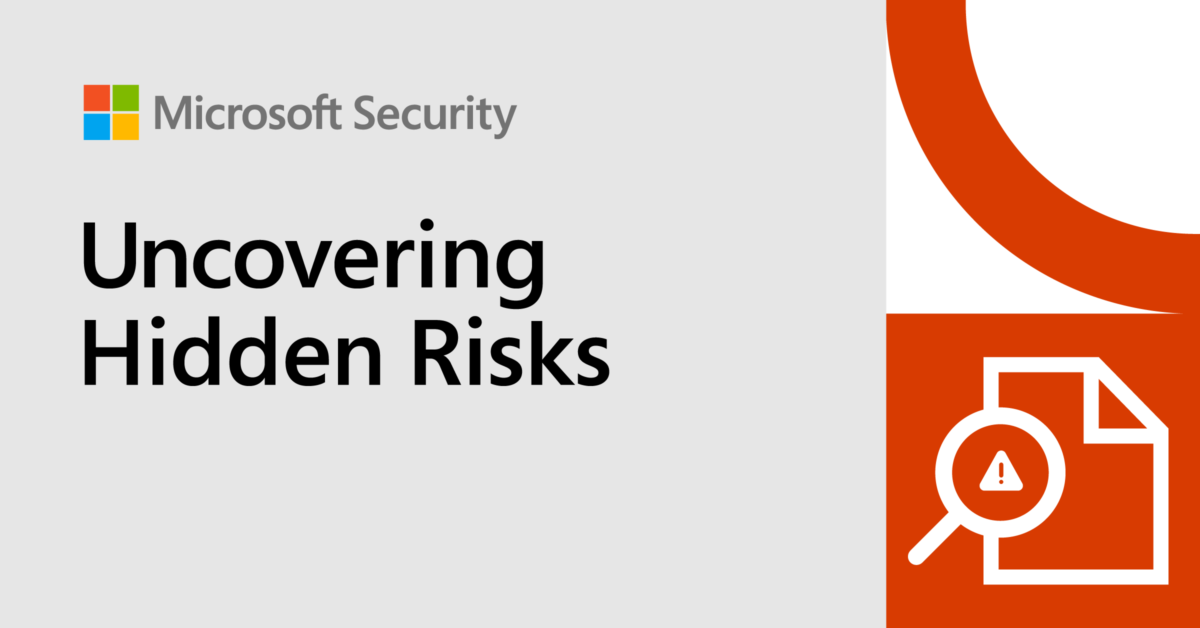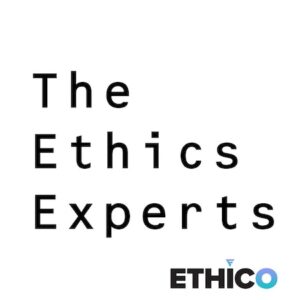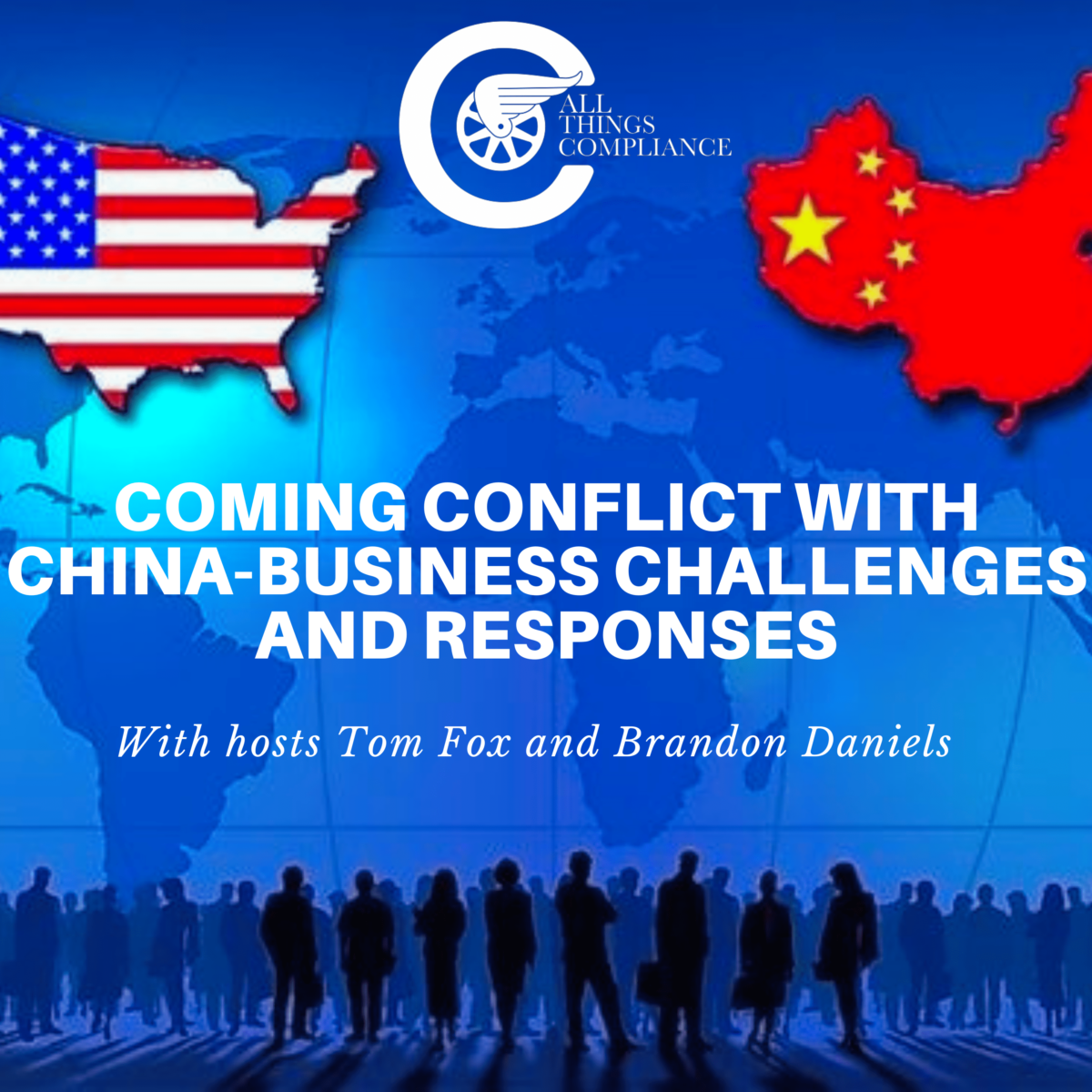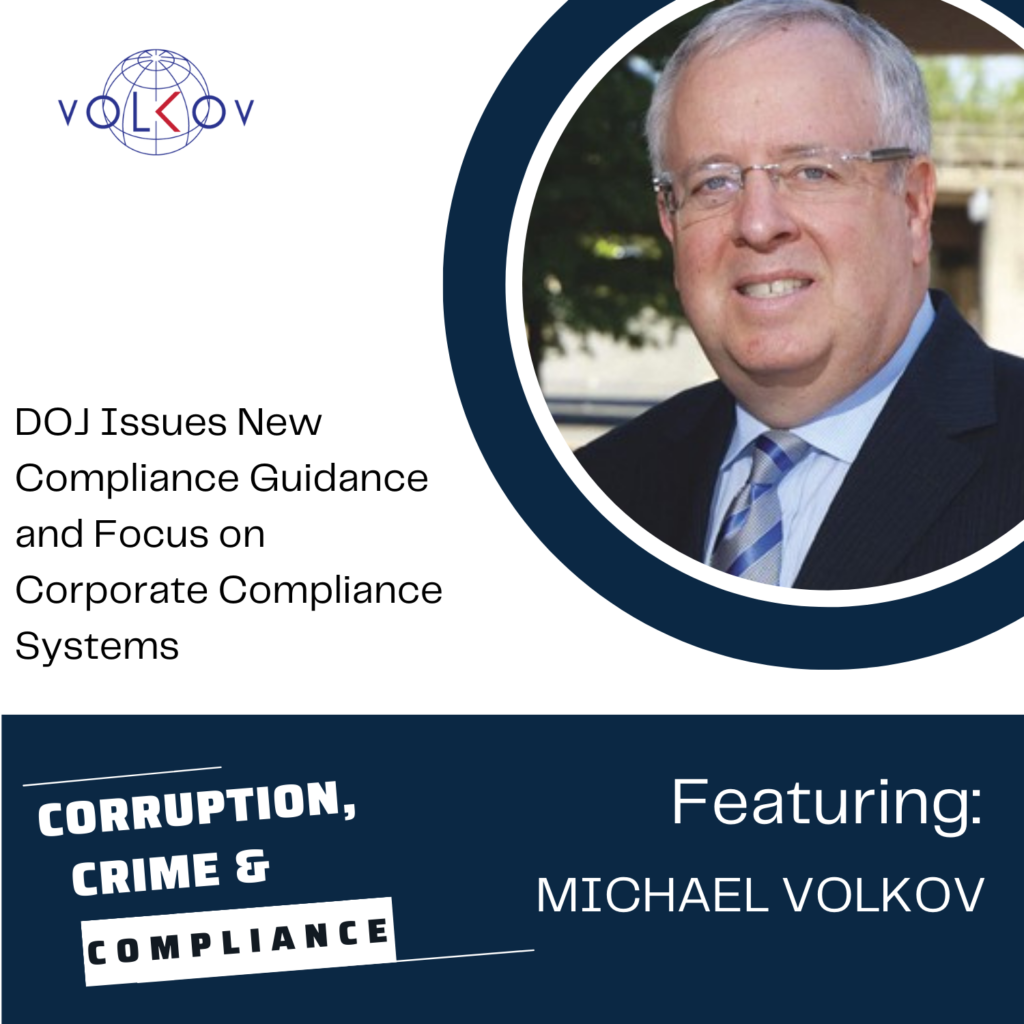In the short span of the 21st Century, the world’s two top powers, the United States and China, have moved inexplicably toward a showdown. This evolved from a commercial competition into something more akin to permanent non-kinetic warfare. What does this mean for US business doing business in and with China? For this special 5-part blog post series, I visited with Brandon Daniels, CEO and President of Exiger, to explore issues diverse as a real danger, supply chain, exports, cyber-attacks, and IP theft from the business perspective and give the compliance and business executive their viewpoints on what you can do to not only prepare your company but protect it as well. In Part I, from potential conflict to real danger.
It is time to ask some tough questions and come up with robust responses to the challenges. With China’s increasing attempts to subvert the US economy, decrease transparency of its business practices, and the use of its blocking statutes that protect its companies from US laws, the situation is becoming increasingly challenging. What steps can you take to safeguard yourself and your business? Join us to explore these questions and more in this special series.
Here are the steps you should follow to begin to think your organization’s business and operational security.:
- Identifying potential threats and risks in the global business and commerce ecosystem.
- Developing a strategy to diversify the global supply chain to mitigate risks and increase security.
- Finding alternate sources of supply and production in different countries to create redundancy and increase diversity.
1.Identifying potential threats and risks
Identifying potential threats and risks in the global business and commerce ecosystem requires an understanding of how geopolitical tensions and economic coercion can impact businesses and markets. When looking at the arrests of Mintz’s Group employees in Beijing and the potential for China to subvert our global free market, it is important to consider how Chinese investments in critical technologies, like battery plants, and their control of resources, like cobalt and copper, could be used to manipulate the market. It is also important to be aware of China’s attempts to restrict access to economic policies, like tariffs, that make it cheaper to manufacture in China than in Vietnam or Malaysia. It is important to consider the impact of China’s annexing of other countries, their blocking statutes, and their potential to use Uighur forced labor in their garment industry, all of which could lead to human rights issues. By understanding the potential threats and risks, businesses can be better prepared to put appropriate measures in place to protect their data, their people, and their customers.
- Developing a strategy to diversify your global supply chain
Developing a strategy to diversify the global supply chain to mitigate risks and increase security is a crucial step in mitigating potential risks associated with China’s increasing adversarial activity. To ensure the safety and security of a company’s supply chain, it is important to diversify its sources of supply, especially for critical infrastructure such as logic bearing circuitry and pharmaceutical ingredients. Your organization should think twice before accepting a cheap bid from a Chinese company and instead diversifying to sources from countries such as Japan, South Korea, the United Kingdom, and the United States. By diversifying supply chain sources, companies can ensure that they are not over-dependent on any one country, and can also take advantage of premium pricing that comes with diversity, security and redundancy in their commerce.
- Finding alternate sources of supply and production
Finding alternate sources of supply and production in different countries to create redundancy and increase diversity is an important step in mitigating risk in a highly unpredictable geopolitical environment. To do this, you should start by looking into local manufacturing capabilities and taking the opportunity to support companies from other countries, such as Japan, Korea, the UK, the US, Mexico, and Canada. These countries may be more reliable in their political stability and may offer a premium for the security that comes with diversity. Additionally, it is important to investigate the state of the industries in these countries and what investments they are making. For example, Japan is investing heavily in their electronics sector, Korea in semiconductors, and the US and Canada in AI. To ensure your business is protected, you should also consider investing in a backup plan in case of disruption from your current source. This could involve researching other suppliers, negotiating contracts with them, and training staff and operations to use them. By investing in these alternate sources and plans, you will be able to create redundancy and increase diversity in your supply chain, ultimately making your business more secure.
The importance of identifying potential threats and risks in the global business and commerce ecosystem and developing a strategy to diversify the global supply chain to mitigate risks and increase security cannot be overstated. You should be working to find alternate sources of supply in different countries to create redundancy and increase diversity. By taking the necessary steps to understand the potential risks of doing business with China, businesses can be better prepared to protect their data, their people, and their customers. Opaqueness is the foe of transparency. With the right knowledge and strategy, you too can ensure the safety and security of your business.
For a deeper dive into these issues, check out the 5-part podcast series with Tom Fox and Brandon Daniels, here.










